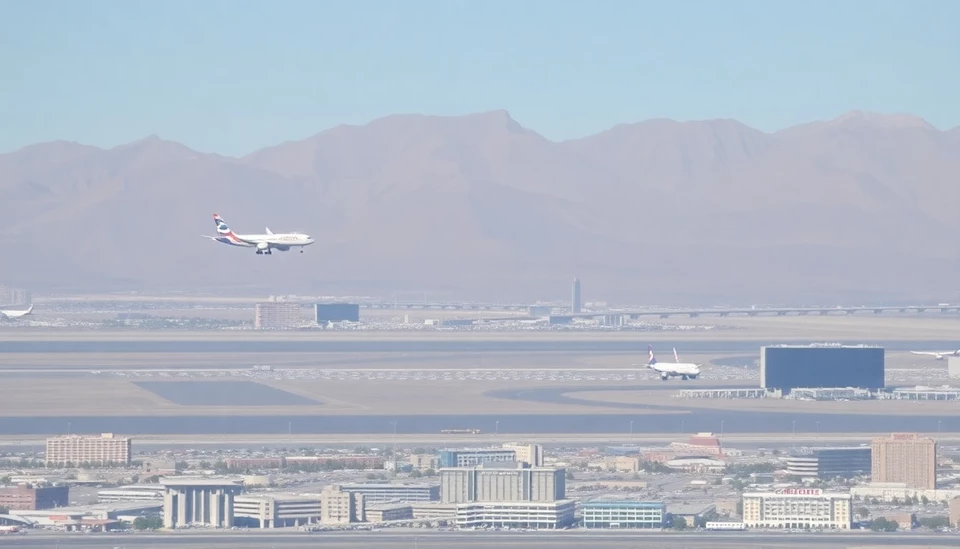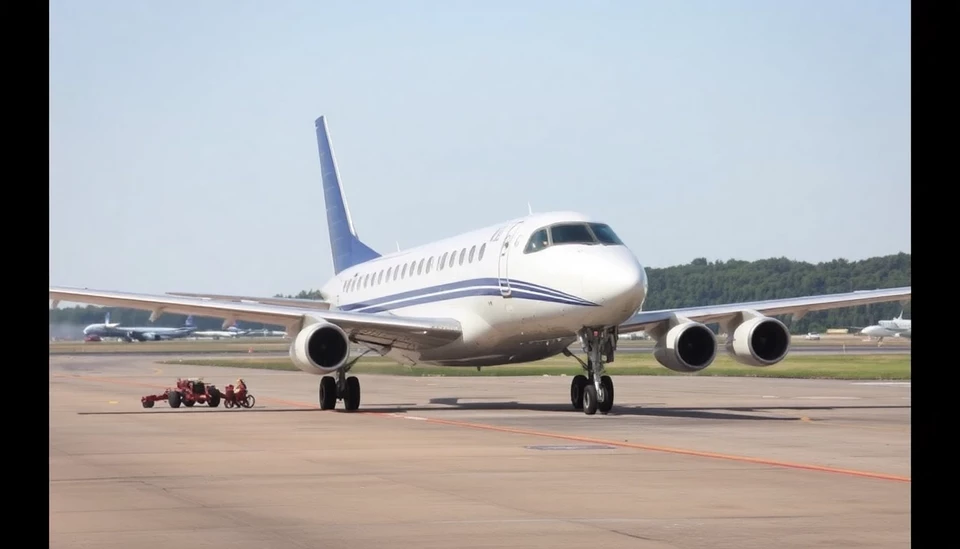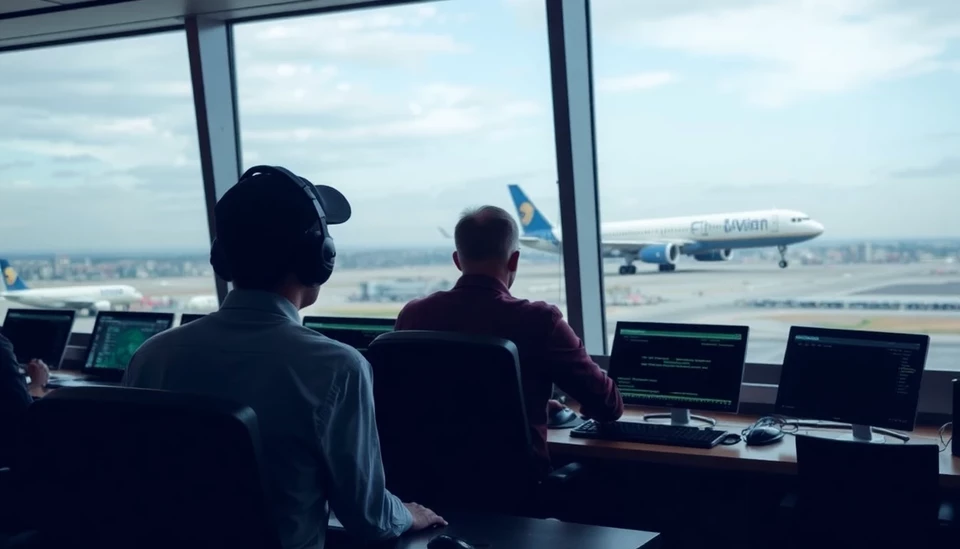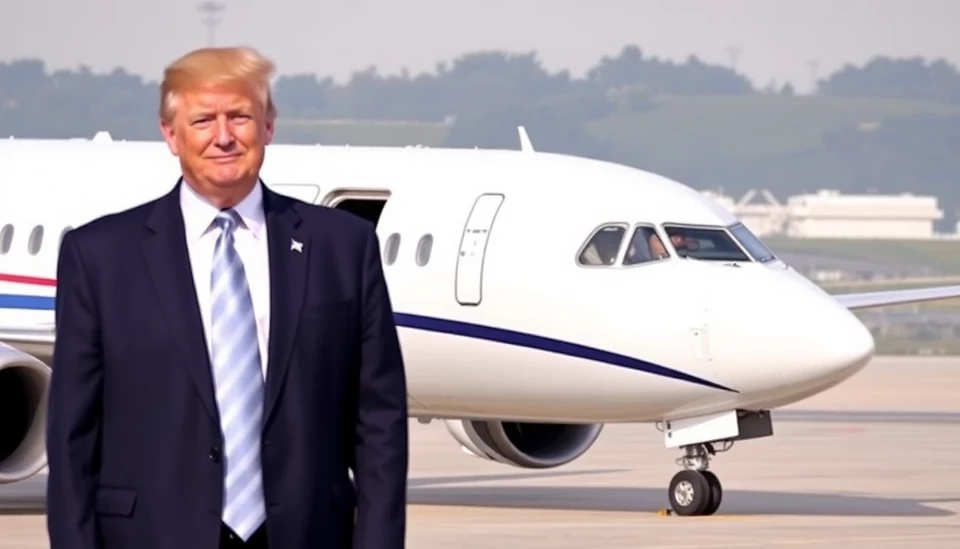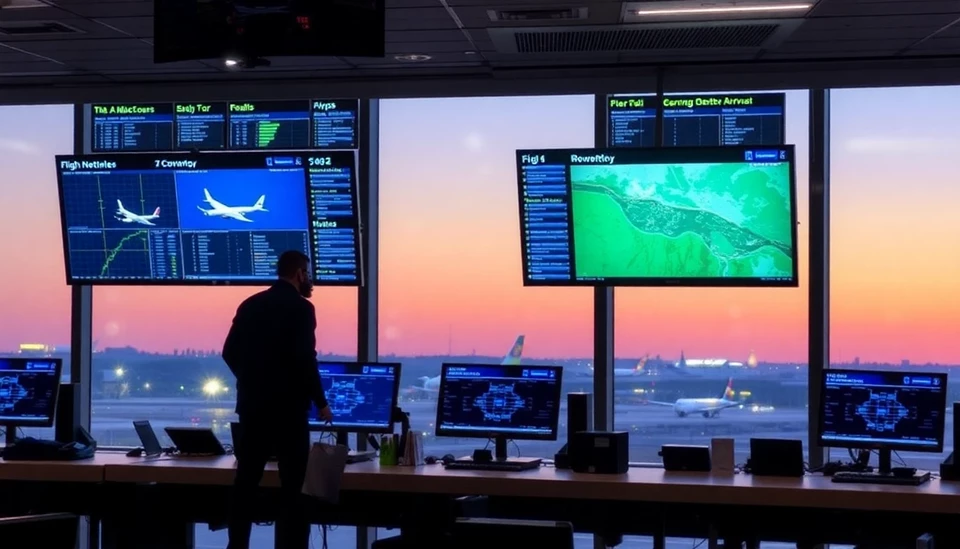
The Federal Aviation Administration (FAA) recently announced a significant adjustment in flight operations at Ronald Reagan Washington National Airport (DCA) aimed at easing the stress levels experienced by air traffic controllers. This decision comes amid growing concerns about the well-being of air traffic personnel and the increasing volume of air traffic in the region.
Beginning this week, the FAA has implemented measures to slow the arrival rate of flights at DCA. This is a direct response to feedback from controllers who have reported heightened levels of stress due to heavy air traffic flow. The adjustments are part of an ongoing effort to ensure the safety and efficiency of flight operations while promoting a healthier work environment for aviation staff.
The FAA has detailed that the transition will see a reduction in the number of incoming flights during peak hours. This strategic move is anticipated to provide controllers with the necessary breathing room to manage the air traffic load more effectively, thereby reducing the likelihood of operational errors and ensuring the safety of both personnel and travelers.
In addition to changing arrival rates, the FAA is reportedly exploring other strategies to support controllers, including potential staffing increases and enhanced training programs aimed at helping personnel cope with operational pressures. These initiatives demonstrate a commitment to improving working conditions within the FAA, which has faced scrutiny in recent years over staffing shortages and the demanding nature of air traffic control.
Travelers departing from or arriving at Reagan National may notice slight changes in their flight schedules as airlines adjust to accommodate the new directives. Airline officials have been informed and are working in close collaboration with the FAA to minimize disruptions, although some delays are expected as the new policies take effect.
While the FAA's decision to reduce incoming flights may inconvenience some airline passengers, it underscores the agency's priority of maintaining safety and well-being for its air traffic controllers. With the air travel industry recovering and increasing demand for flights, the ongoing challenges faced by controllers will require attention to ensure both operational effectiveness and employee job satisfaction.
The impact of this decision will likely be monitored closely, as the FAA assesses its effectiveness in mitigating controller stress levels. As air traffic continues to evolve in the coming months, stakeholders in the aviation sector are hopeful that such proactive measures will lead to safer and more manageable working conditions.
As the aviation industry navigates this challenging landscape, clear communication and ongoing collaboration between agencies, airlines, and employees will be paramount in optimizing the air traffic system for all participants.
#FAA #AirTrafficControl #FlightSafety #ReaganNationalAirport #AviationNews #ControllerStress
Author: Samuel Brooks
